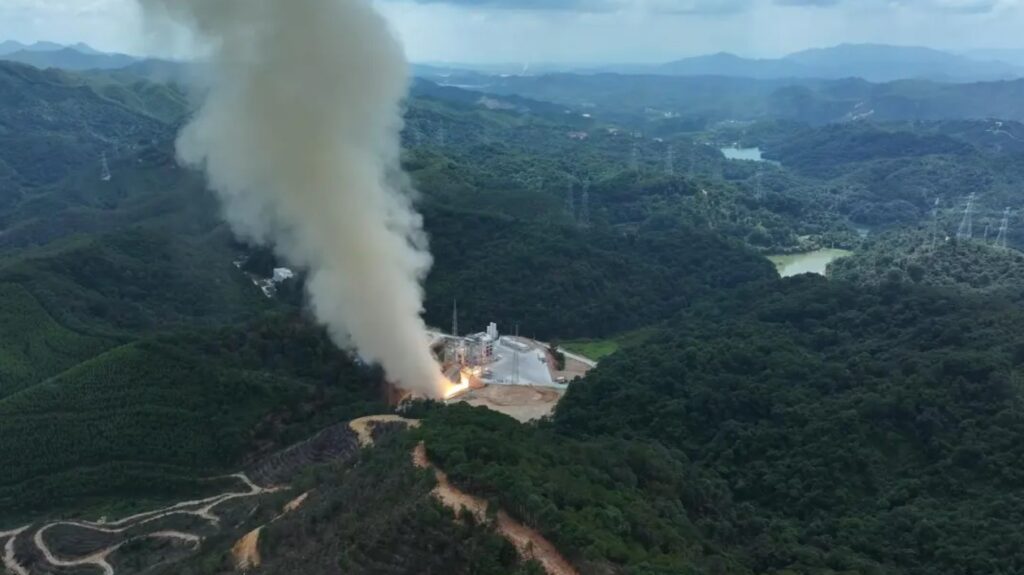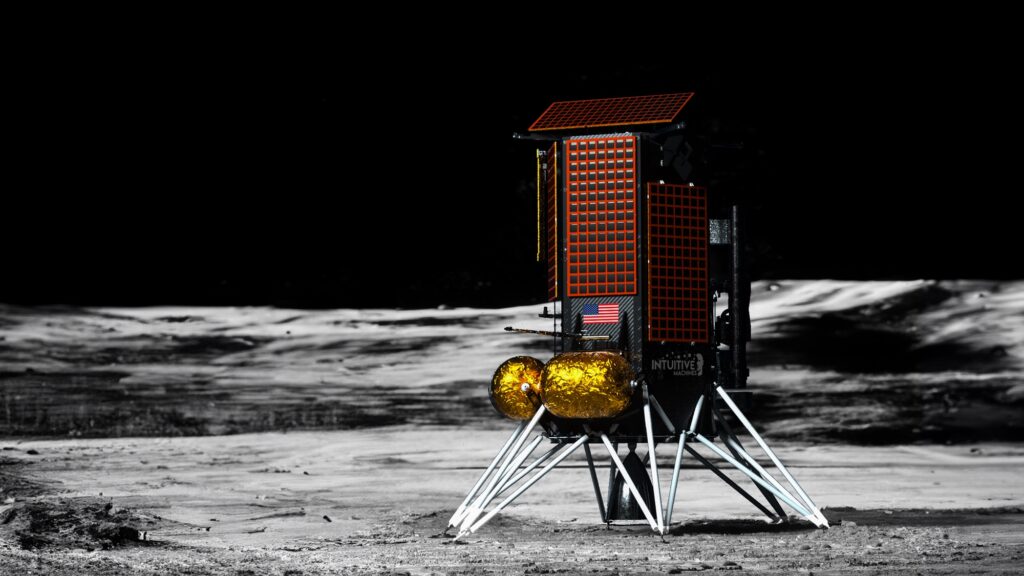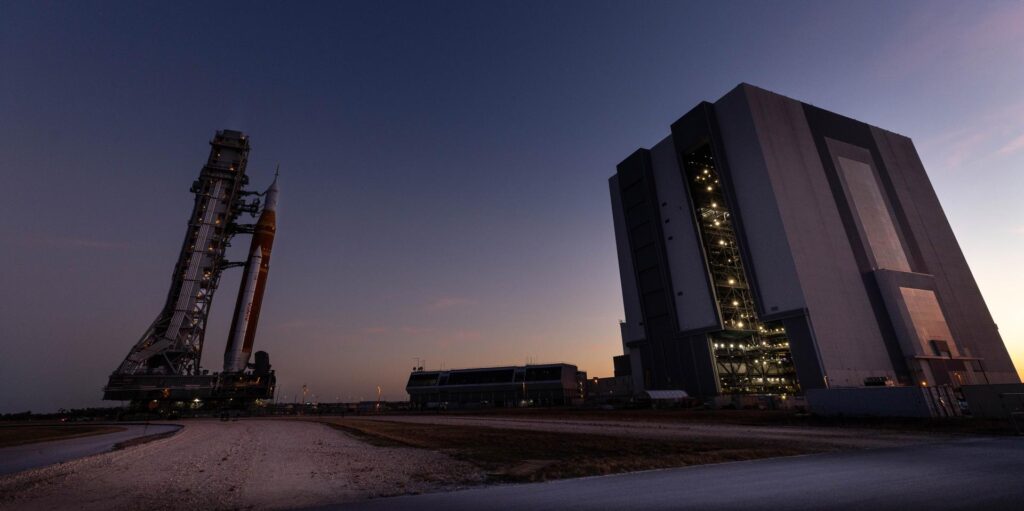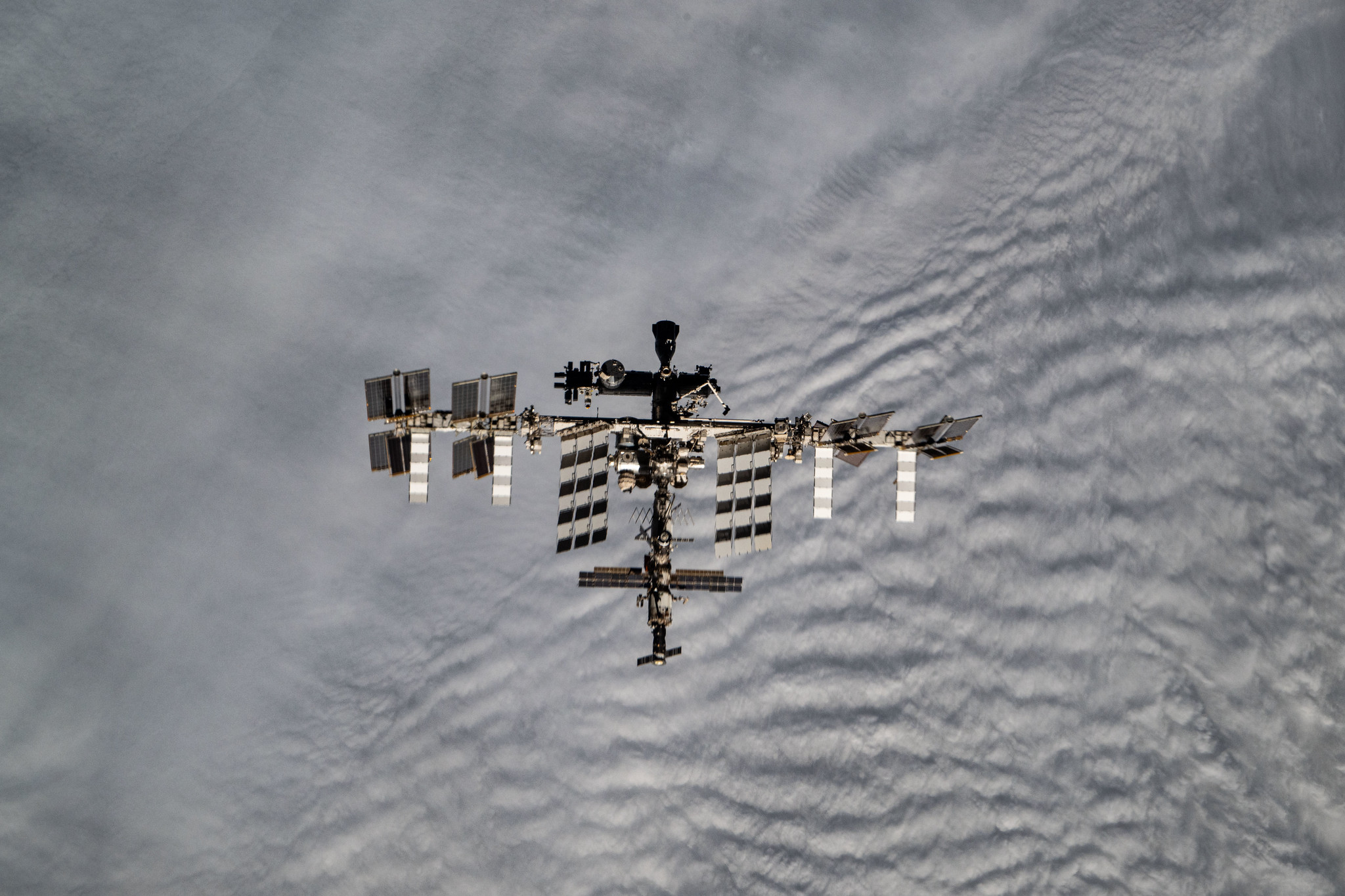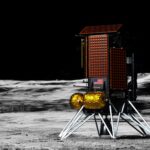Now Reading: Logos nets $50 million to advance plans for more than 4,000 broadband satellites
-
01
Logos nets $50 million to advance plans for more than 4,000 broadband satellites
Logos nets $50 million to advance plans for more than 4,000 broadband satellites
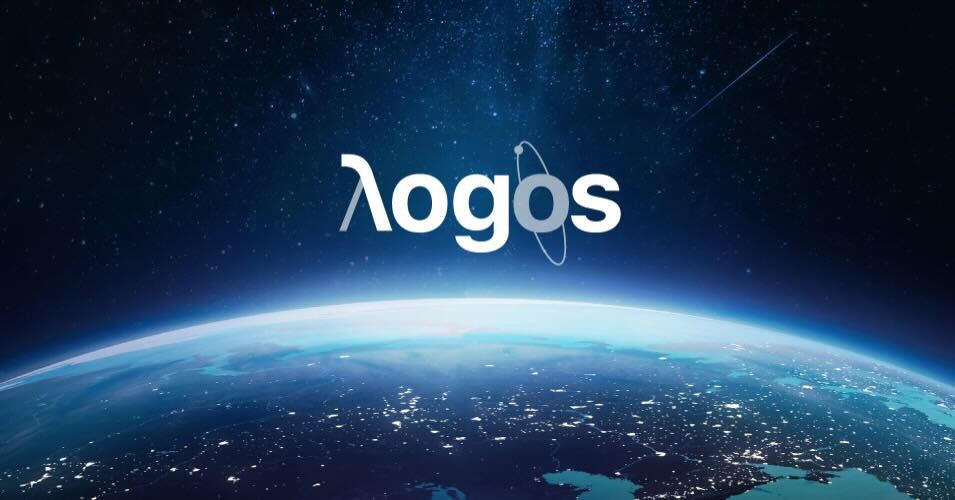

TAMPA, Fla. — Logos Space Services has raised $50 million to advance engineering plans for more than 4,000 broadband satellites, the startup founded by a former Google executive and NASA project manager announced June 12.
The Series A funding came from US Innovative Technologies (USIT), an investment firm backing technologies for both civilian and military use. USIT, chaired by serial entrepreneur Thomas Tull, had earlier injected an undisclosed amount into the venture and remains its sole investor.
Redwood City, California-based Logos emerged from stealth in October after applying for U.S. Federal Communications Commission permission to operate satellites in K and higher frequency V and E spectrum bands.
Logos’ low Earth orbit satellites are planned to operate at 870–925 kilometers, higher than SpaceX’s Starlink satellites in LEO. The constellation would use high frequencies and tightly focused beams at elevated angles to minimize signal disruption and resist jamming.
Logos remains “actively engaged in the licensing process,” said Milo Medin, who was vice president of access services at Google before founding the startup.
“We’ve made progress on our engineering design,” Medin said without elaborating.
“We’ve added to our core technical team with experience from major aerospace and satellite players, from SpaceX to NASA to Airbus and more. This round will help us grow our team further with critical hires.”
He said Logos now has 10 full-time employees and aims to onboard at least 40 more by the end of the year.
Recent hires include director of engineering Jorge Delgado, who had previously held engineering roles at European aerospace giant Airbus, LEO broadband operator OneWeb and Apollo Fusion, an electric propulsion developer sold to launch vehicle developer Astra in 2021.
Medin said the Series A funding enables the venture to advance toward critical design decisions, partner selection and prototype development ahead of a goal to deploy its first operational satellite in late 2027.
Logos initially filed for 3,960 satellites but now envisages 4,178 spacecraft, which would make it one of the world’s largest proposed constellations, although still behind Starlink with more than 7,700 currently in orbit and growing.
Other companies straddling commercial and national security needs that have been backed by USIT include AI-powered defense system developer Anduril, autonomous flight software firm Shield AI and Capella Space, which operates synthetic aperture radar satellites.
Stay Informed With the Latest & Most Important News
Previous Post
Next Post
-
 01Two Black Holes Observed Circling Each Other for the First Time
01Two Black Holes Observed Circling Each Other for the First Time -
 02From Polymerization-Enabled Folding and Assembly to Chemical Evolution: Key Processes for Emergence of Functional Polymers in the Origin of Life
02From Polymerization-Enabled Folding and Assembly to Chemical Evolution: Key Processes for Emergence of Functional Polymers in the Origin of Life -
 03Astronomy 101: From the Sun and Moon to Wormholes and Warp Drive, Key Theories, Discoveries, and Facts about the Universe (The Adams 101 Series)
03Astronomy 101: From the Sun and Moon to Wormholes and Warp Drive, Key Theories, Discoveries, and Facts about the Universe (The Adams 101 Series) -
 04True Anomaly hires former York Space executive as chief operating officer
04True Anomaly hires former York Space executive as chief operating officer -
 05Φsat-2 begins science phase for AI Earth images
05Φsat-2 begins science phase for AI Earth images -
 06Hurricane forecasters are losing 3 key satellites ahead of peak storm season − a meteorologist explains why it matters
06Hurricane forecasters are losing 3 key satellites ahead of peak storm season − a meteorologist explains why it matters -
 07Binary star systems are complex astronomical objects − a new AI approach could pin down their properties quickly
07Binary star systems are complex astronomical objects − a new AI approach could pin down their properties quickly












